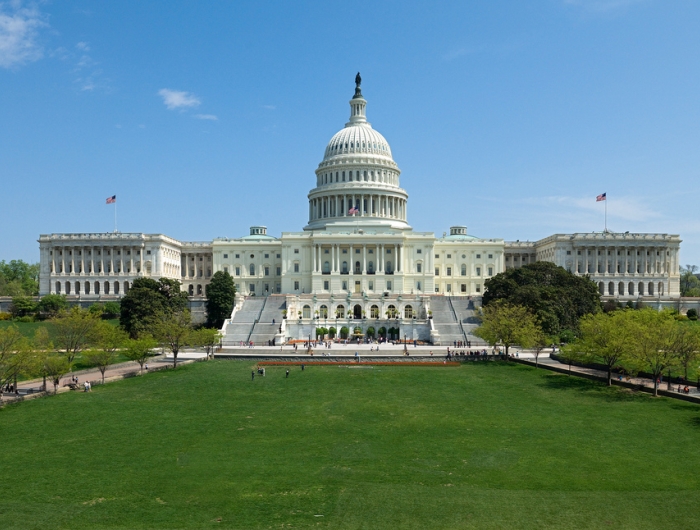Congress poised to leave healthy meals for kids out of stop-gap funding measure

Statement of CSPI President Dr. Peter G. Lurie
While Congress is poised to avert a government shutdown today by passing a short-term funding bill through December, it will fail to include a pathway to free healthy school meals for all students, a key priority of the Biden administration’s recently unveiled National Strategy on Hunger, Nutrition, and Health. It also gave a cold shoulder to efforts to extend government oversight to a host of under-regulated product categories such as dietary supplements and diagnostic tests.
For over two years, schools nationwide have provided free breakfast and lunch to all students as part of the federal COVID-19 response. That policy ended in August and now, in most states, families must meet strict income guidelines (under $36,000 for a family of four) in order to qualify for a free school meal. Children living in poverty at the cusp of eligibility are no longer able to receive a free healthy school meal, and even eligible children may go hungry at school if their families don’t know they now have to apply or if the systems in place to identify eligible children fail. Before the pandemic, students who accrued debt on their school meal accounts were given a cold alternative meal or singled out in other stigmatizing ways until their balance was paid. Without Congressional action, these inhumane practices could resume.
Congress can and must do better by kids, and that starts with what they eat at school. When the short-term funding bill expires at the end of the year, an extension of healthy school meals for all must be included. In the same vein, Congress has the opportunity to pass a Child Nutrition Reauthorization bill to extend this policy permanently.
The funding deal also failed to make changes to how the Food and Drug Administration protects our food, dietary supplements, and healthcare products. Every five years, Congress must re-authorize a set of “user fees” from industry that help fund the agency. Typically, industry uses the occasion of this “must-pass” legislation to insert industry-friendly measures such as expedited paths to market for new branded pharmaceuticals, or various incentives to make drug development more profitable.
This year, the user fee package was different. It included useful provisions designed to help consumers by ensuring access to safe and reliable products. Republicans in Congress now see the virtue of a “clean” user fee bill, stripped of any measures beyond reauthorization itself. We urged Congress to pass legislation that would have ensured that Americans had access to safe dietary supplements, accurate diagnostic tests used in clinical medicine, a safe and reliable supply of infant formula and other essential medical foods, and food packaging free of harmful PFAS chemicals. Instead, Congress will extend FDA user fee programs for the next five years without these important public health measures. Lawmakers must revisit these protections in the next funding package after the short-term extension expires in December.
Dr. Lurie served as associate commissioner of the Food and Drug Administration during the Obama administration.
Tags
Topics
Contact Info: Contact: Jeff Cronin, 202-777-8370 or Lisa Flores, 202-777-8368

